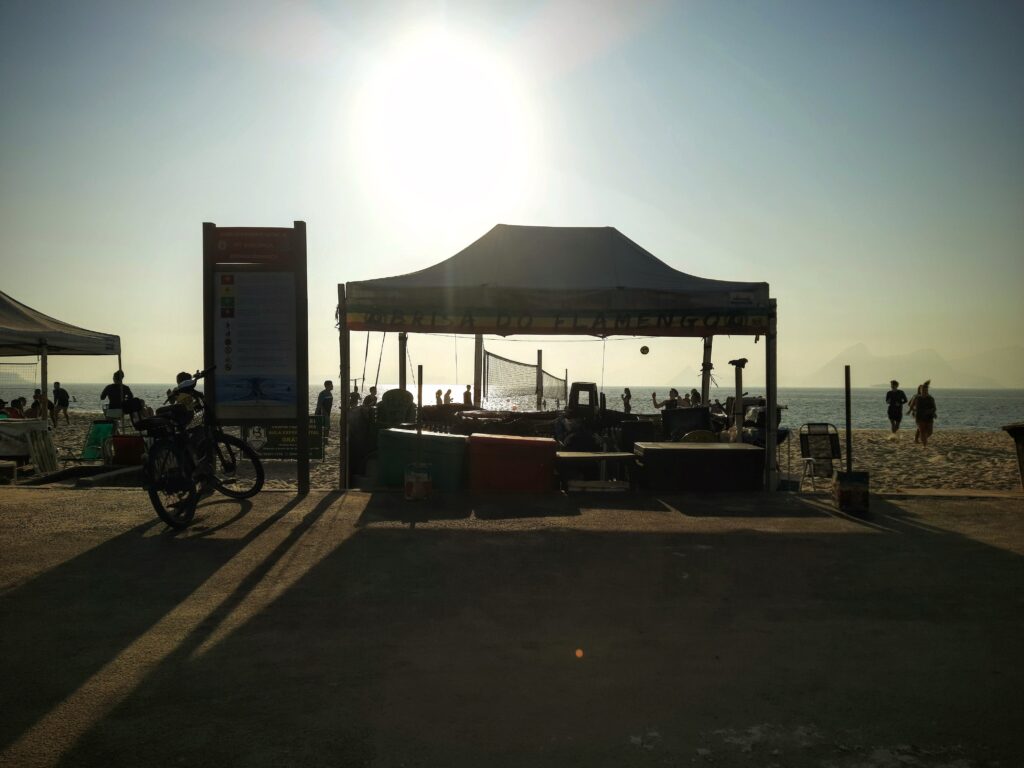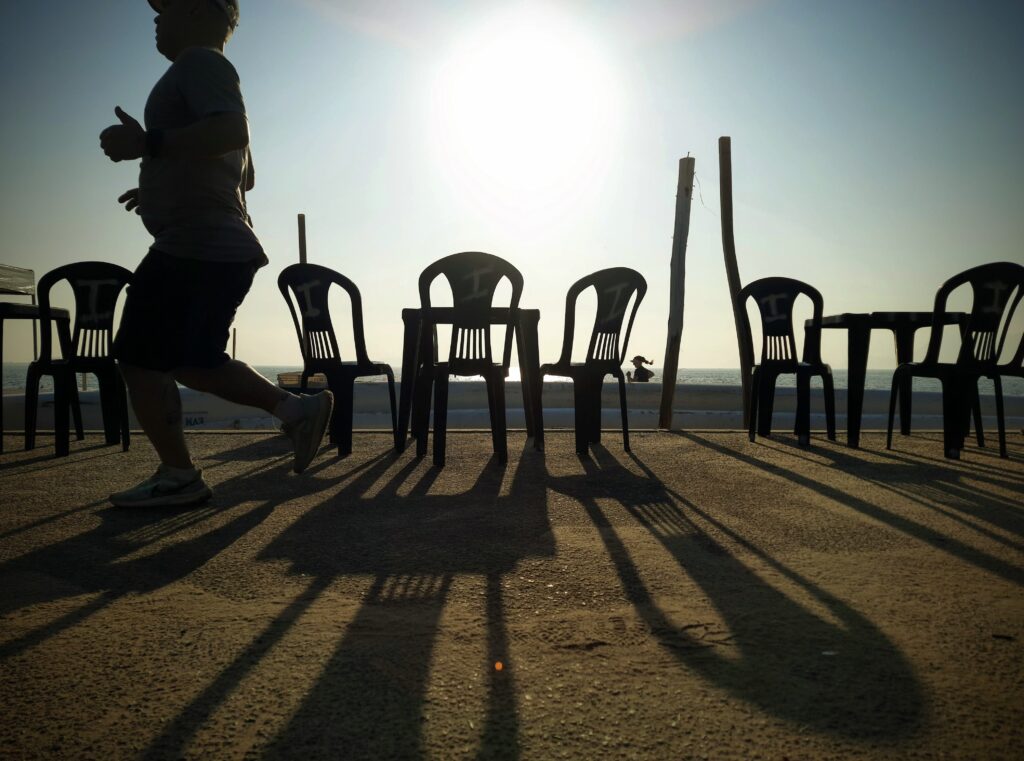Wordsley, Stourbridge, England: 12 degrees, chilly, grey and damp.
Although it is not raining, it is extremely damp, and you can feel it in your bones. I wanted to get up early to go out and do some exercise, but it didn’t happen.
Yesterday, I drank too many glasses of wine, and as a result, I didn’t sleep well. I think I only really fell asleep after 3:00 in the morning, resulting in only getting up this morning at 9:00 AM, which, if I were in Brazil, would have been unthinkable.
I am also feeling a slight hangover from the wine that is telling me that I’m not used to drinking anymore, but I still sometimes insist on doing it.
Why do we insist on self-sabotaging ourselves?
We know that something is not good for us, but we still continue to do it. Is it human nature for us to self-destroy ourselves like wars and the facility to do negative things against ourselves rather than positive ones? It is strange how human nature, in some ways, is so twisted and distorted.
In theory, logically speaking, we should always strive to preserve and care for ourselves and do what is best for our own interests. However, it seems that we often do the opposite, or we tend to do so. We tend to lean more towards hurting ourselves and sabotaging our efforts, rather than being fully devoted to improving and doing the best for ourselves.
A classic example is smoking; we all know that it’s bad for us, but many continue to do it until it’s too late, that person or relationship that we know is not good for us, but we still stay and continue and invest in it, knowing that deep down, in the future it will get worse. If we want to be happy or improve, we should have left a long time ago.
What I did yesterday was obvious: drinking, like smoking, we all know it’s not good for us, but we do it, and I did it yesterday. Did it kill me? No, I don’t think it did, but it also didn’t make me stronger. If it did, I don’t know precisely where, but because of my weakness, I did it. This morning, I suffered or am suffering because of it, and this is what we are as imperfect human beings.
January is ending, the second of the two silly months.
I have only now realised that December and January are the silly months of the year; nothing really gets done or is taken seriously in terms of work, unlike the other months. Especially in Brazil, where everything slows down in December due to end-of-year parties and the focus on having a good time rather than being productive—again, a form of escapism and letting go.
After December, the summer holidays in Brazil take place in January, similar to those in July, August, and a portion of September in the United Kingdom. During this time, people are travelling, and many companies and offices are either half or fully closed. School holidays are also in effect, so many families are travelling. Additionally, you’ll face a lot of bills to start the year.
IPVA for the car, IPTU for your residence, enrolment fees for private schools and universities, and not forgetting school materials in Brazil, which can be quite expensive in some cases, along with the end-of-year credit card bill from Christmas and New Year spending sprees. For me, December and January are typically slow months in terms of work and business.
This is why, as the end of January and the beginning of February approach, I prepare my goals and objectives for at least the next six months. I have always liked the number 3, as it is more than two, which is too little, but less than four or five, which can be too many. In some instances, multiplying 3 seems to facilitate more than any other number.
So, when I think about setting goals, I like to use 3 or multiples of 3 as a guide. Usually, 3 is enough because there are generally many implications from that one point, which can essentially branch into many other sub-points. Just as an example, when I lived in Copacabana, my three points were:
- Exercise: Exercise, good food, good health, look good and be different.
- Work: Work, give classes, hustle, pay bills, save money and invest in Bitcoin.
- Study: Study, improve, explore new business opportunities, undertake new projects/new companies, diversify, increase revenue, hustle, invest, and learn more about Bitcoin to make informed decisions.
These are the three main points: exercise, work, and study. From these main points, several areas contribute to the overall goals. Additionally, some sub-points or goals may appear within other primary goals, demonstrating focus and showing how the points complement each other. This alignment helps clarify your objectives.
These points, which I had printed, written, laminated, and then stuck on the walls and fridge of my flat, helped me stay focused and kept me on the right track for the rest of the year. I can sincerely say that 80% of my goals were achieved. You don’t have to reach or achieve 100%, or even 90%; at least a part of your targets must be hit. If you only hit 50%, you can always aim higher or improve in the future and roll over your goals to the following year.
You just need to be willing to do it!!!
This week is dedicated to preparing for the rest of the year, starting from February 1st. If you think this is useful, I suggest you try it yourself. Choose your three targets/goals, then create sub-goals for each one. Print out at least three copies and have them laminated to prevent them from getting dirty. Stick them in strategic places in your residence, workplace, or wherever you work, and see what happens.
In bed by midnight.
Thank you.
Thanks for reading this blog post. Please explore my other posts and share your thoughts in the comments section.
Richard









